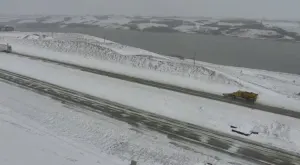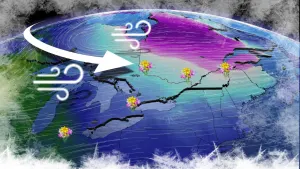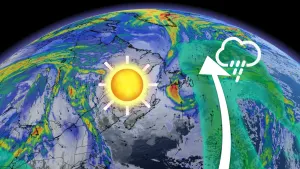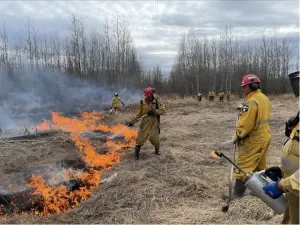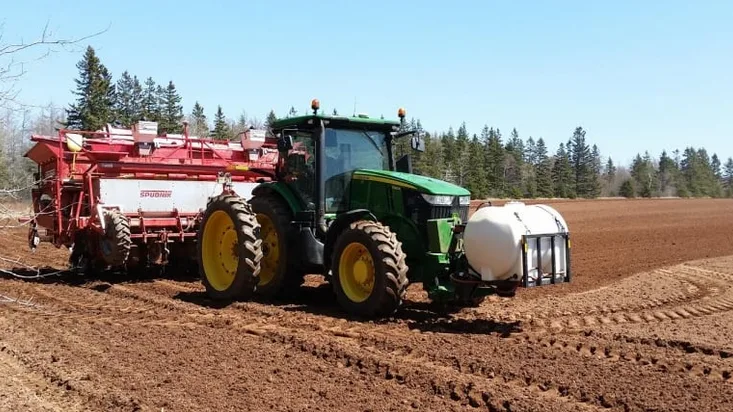
P.E.I. Potato Conference talks climate change adaptation
Hundreds of potato growers gathered this week at the P.E.I. Potato Conference to talk about high capacity wells and concerns over adapting to the effects of climate change.
High capacity wells are those that draw more than 50 imperial gallons per minute (igpm). That compares to a garden hose, for example, that typically draws five to 10 gallons a minute. Low capacity wells include about 20,000 residential wells.
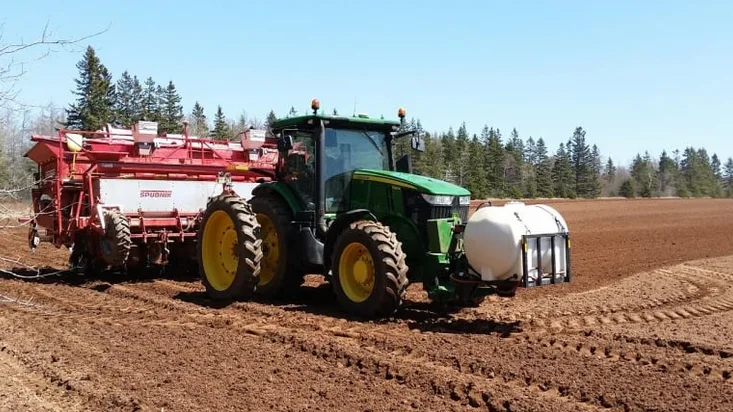
Potato growers gathered this week at the P.E.I. Potato Conference. Credit: Laura Meader/CBC
High capacity wells have been top of mind for both growers on the Island and the province for several years.
"My sense is we don't need a lot of water to get a lot of benefits if it's used right," said P.E.I. potato grower William Visser.
DRYER SUMMERS
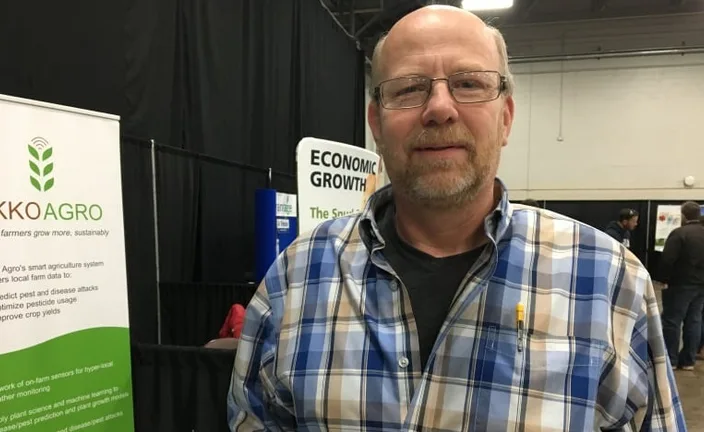
Dryer summers and longer periods of drought, potato grower William Visser says, is one of the main reasons growers are increasingly discussing the option of high capacity well. Credit: Sarah MacMillan/CBC
Dryer summers and longer periods of drought, Visser said, is one of the main reasons growers are increasingly discussing the option of high capacity wells.
"We obviously don't want to deplete our water resource but I also believe we shouldn't be afraid to look at the signs and the accurate facts about how much water we'll need and what that will do to our recharge capacity," he said.
While growers are concerned for their crops some growers like Visser still want more information on how sustainable high capacity wells are in trying match the water needs of crops.
"If it's not a … thing to do and something that's going to be sustainable, farmers certainly don't want our residents on P.E.I. not to have a good supply of drinking water," Visser said.
'POTATOES NEED WATER'
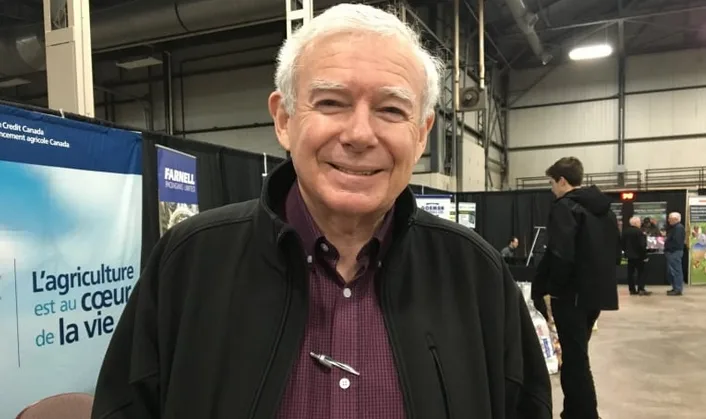
Potato grower Ray Keenan has been feeling the effects of the Island's 'extremely dry weather' over the past few summers. Credit: Sarah MacMillan/CBC
Potato grower Ray Keenan has been feeling the effects of the Island's "extremely dry weather" over the past few summers.
"I don't think it mattered how good of shape you had your land in, they needed water — potatoes need water and they just didn't get enough of it at the right time," he said.
Getting enough water to supply his crop is top of mind, Keenan said.
The concern of irrigation and the over-use of high capacity wells shouldn't be a major worry for Islanders though, he said.
"It's expensive to irrigate, it's expensive just to pump water and people are only going to use what they need," Keenan said.
"Everybody is not going to do it, I think it's going to depend on the individual and their needs," he said.
One of the speakers at the conference, Mark Stalham — a researcher who specializes in potatoes from the UK — said by 2050 there will be about a 20 per cent increase in the water required to grow crops.
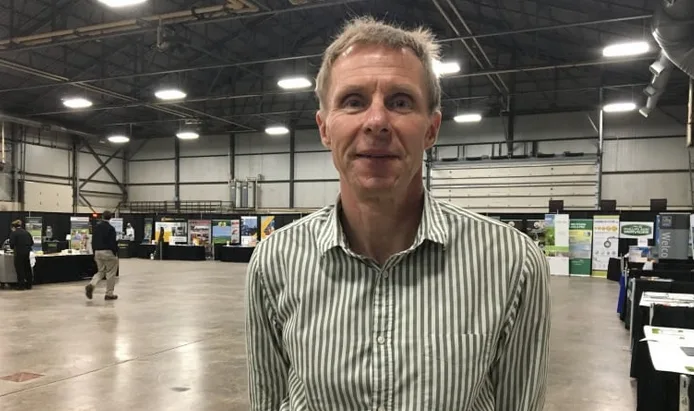
'What I would be concerned about is actually having some science to justify this very emotive reasoning. I'm not certain we have it in many environments,' says potato researcher Mark Stalham. Credit: Sarah MacMillan/CBC
"We'll probably need more water, more quickly. Really the daily application of water is going to be the key," Stalham said.
While the demand for potatoes will increase and with it the requirement of more water to grow, Stalham is still unsure of the environmental impact that could come from it.
"What I would be concerned about is actually having some science to justify this very emotive reasoning. I'm not certain we have it in many environments," Stalham said.
This article was originally published by CBC News.







